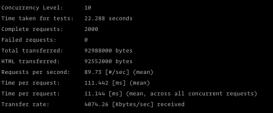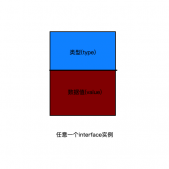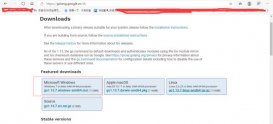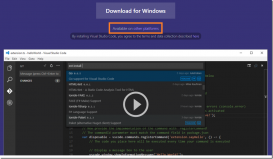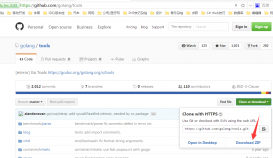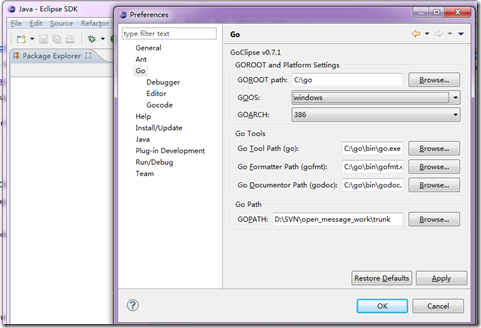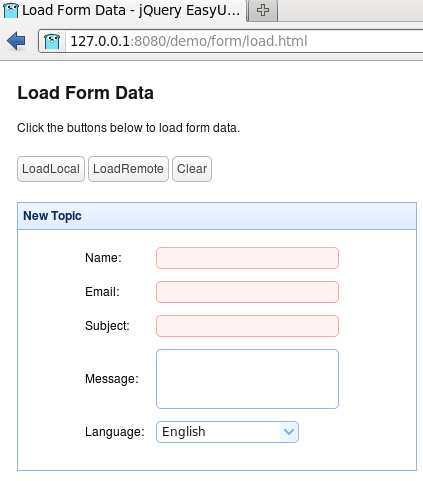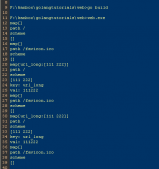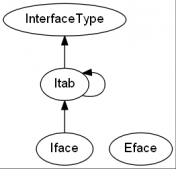概述
Golang 是一个跨平台的新生编程语言. 今天小白就带大家一起携手走进 Golang 的世界. (第 6 课)

if 语句
通过一条或多条语句的执行结果来决定执行的代码块. 如图:

格式:
if 布尔表达式 {
/* 在布尔表达式为 true 时执行 */
} else if 布尔表达式 {
/* 在布尔表达式为 true 时执行 */
} else if 布尔表达式 {
/* 在布尔表达式为 true 时执行 */
} else {
/* 上述条件都不符合时执行 */
}
例 1:
package main
import "fmt"
func main(){
// 定义参数
var salary = 1000
fmt.Println("我的月收入: ", salary)
// if 语句
if (salary >=100000) {
fmt.Println("拿白松露蒸包子")
} else if(salary >= 50000) {
fmt.Println("拿鱼子酱包饺子")
} else if(salary >= 20000) {
fmt.Println("拿澳龙做汤底")
} else if(salary >= 5000) {
fmt.Println("白米饭就咸菜")
} else {
fmt.Print("剥树皮吃")
}
}
输出结果:
我的月收入: 1000
剥树皮吃

例 2:
package main
import "fmt"
func main() {
// 定义变量
var score = 50
fmt.Println("考试成绩:", score)
if (score >= 90) {
fmt.Println("回家打游戏")
} else if (score >= 80) {
fmt.Println("回家写作业")
} else if (score >= 70) {
fmt.Println("女子单打" )
} else if (score >= 60) {
fmt.Println("男子单打")
} else {
fmt.Println("男女混合双打")
}
}
输出结果:
考试成绩: 50
男女混合双打
switch 语句
switch 语句允许测试一个变量等于多个值时的情况. 每个值称为一个 case, 且被测试的变量会对每个 switch case 进行检查. 如图:

格式:
switch (控制表达式) {
case 常量表达式: 语句表达式
case 常量表达式: 语句表达式
...
default: 语句表达式
}
例子:
package main
import "fmt"
func main() {
// 定义变量
var number = 3
// switch 语句
switch number {
case 1:
fmt.Println("number 1")
case 2:
fmt.Println("number 2")
case 3:
fmt.Println("number 3")
default:
fmt.Println("无效输入")
}
}
输出结果:
number 3
到此这篇关于手把手带你走进Go语言之条件表达式的文章就介绍到这了,更多相关Golang 条件表达式内容请搜索服务器之家以前的文章或继续浏览下面的相关文章希望大家以后多多支持服务器之家!
原文链接:https://blog.csdn.net/weixin_46274168/article/details/119500646



